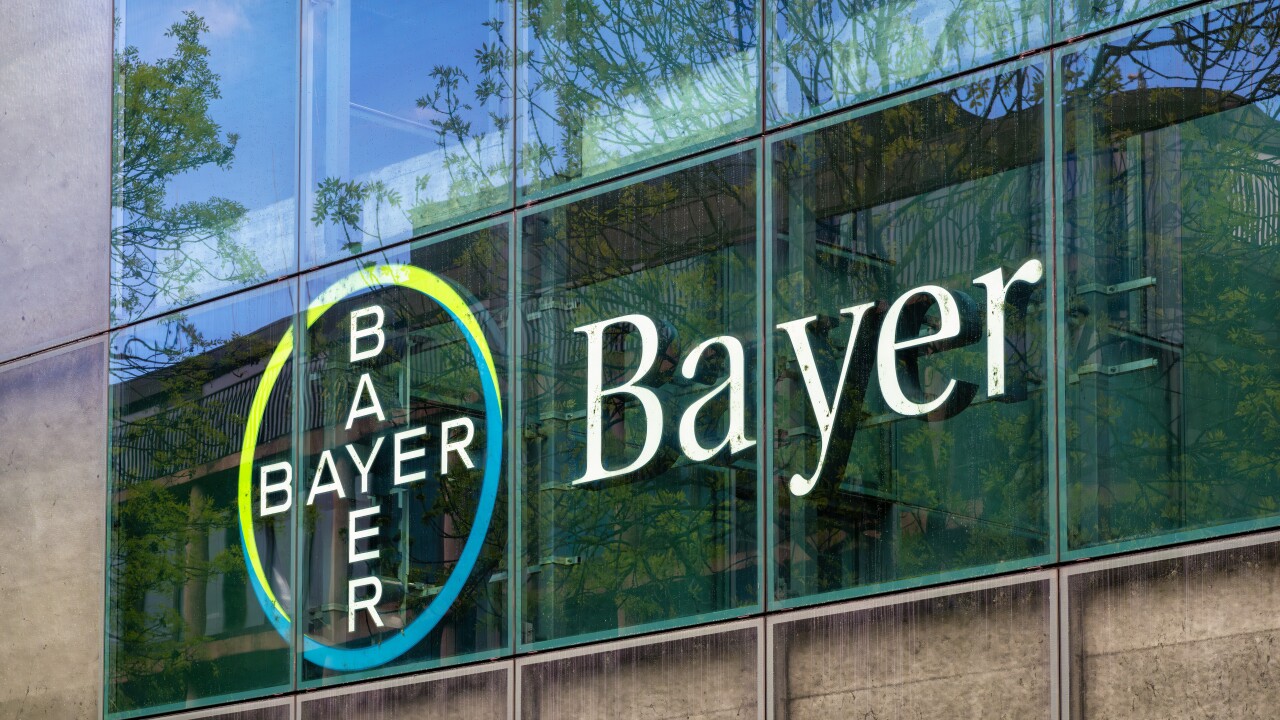
DiYES International School – Lynkuet now enters the U.S. market after receiving FDA approval as a nonhormonal treatment for moderate to severe menopause symptoms. The drug targets vasomotor issues, including hot flashes and night sweats, affecting millions of women across the country. Bayer designed Lynkuet as a dual neurokinin therapy, acting on NK1 and NK3 receptors to regulate body temperature. Women will take Lynkuet in a soft gel capsule once daily at bedtime to reduce symptom frequency and severity. The FDA nod follows earlier approvals in the U.K., Australia, Canada, and Switzerland. Bayer plans a U.S. launch next month and aims to compete with Astellas’ Veozah, another nonhormonal NK3-targeted therapy. Clinical trials demonstrated Lynkuet’s efficacy in reducing hot flashes and improving sleep quality. The drug represents an important alternative for women who cannot take hormone therapy due to medical risks or personal preferences.
Lynkuet demonstrated significant benefits in three late-stage trials named Oasis 1, Oasis 2, and Oasis 3. In the first two studies, women receiving Lynkuet experienced a meaningful reduction in hot flash frequency and severity at four and twelve weeks. By Week 26, over 80 percent of participants achieved at least a 50 percent reduction in vasomotor symptoms. The studies also showed measurable improvements in sleep quality and menopause-related quality of life. Oasis 3 extended to one year to evaluate long-term safety and tolerability in 627 women. Clinical investigators monitored adverse events including headache, fatigue, dizziness, and stomach discomfort, finding that most were mild to moderate. Lynkuet may offer an advantage over Veozah, which carries a black box warning for liver risks, while Lynkuet does not. Bayer emphasized that all patients should consult healthcare providers to understand potential serious effects like daytime impairment or seizure risk.
Lynkuet joins Veozah and Brisdelle in the nonhormonal menopause symptom market in the U.S. Brisdelle uses paroxetine to treat hot flashes, while Veozah targets NK3 receptors without affecting NK1. Bayer positions Lynkuet as a dual-receptor therapy providing both symptom control and a favorable safety profile. The global population of menopausal women is projected to rise to 1.2 billion by 2030, creating a significant market opportunity. Bayer expects Lynkuet peak sales to reach over 1 billion euros annually. Analysts note that FDA approval strengthens Bayer’s position and diversifies treatment options. The company also continues regulatory submissions in the European Union and other jurisdictions. By offering a nonhormonal alternative, Lynkuet could capture patients who prefer safer or more tolerable treatments. Early adoption and strong clinical data may give Lynkuet an edge over existing therapies.
Lynkuet targets NK1 and NK3 receptors in the hypothalamus to stabilize thermoregulation during menopause. The therapy is designed to prevent spikes in body temperature that trigger hot flashes. Patients reported improved sleep, reduced night sweats, and higher overall energy. Bayer scientists emphasize that Lynkuet affects neurokinin signaling without altering hormonal balance, which differentiates it from traditional estrogen or progesterone therapies. Treatment adherence is simple because the drug requires only a single daily capsule at bedtime. Researchers highlighted that combining NK1 and NK3 receptor targeting may enhance efficacy compared to therapies acting on NK3 alone. Patients in clinical trials showed consistent results across various ages and stages of menopause. The simplicity of the regimen may encourage adherence and improve long-term outcomes. Healthcare providers now have a tool to address moderate to severe vasomotor symptoms effectively.
Bayer received FDA approval after addressing questions and demonstrating Lynkuet’s safety and efficacy. Experts like Claire Gill of the National Menopause Foundation praised the expanded treatment options. She emphasized that women can now make informed choices based on risk tolerance, symptom severity, and personal preference. The approval follows earlier delays in FDA review, which allowed additional assessment time without raising concerns. Lynkuet will compete directly with Veozah, which reached U.S. sales of $221 million in 2024 and is expected to grow further. Healthcare providers anticipate strong demand due to the high prevalence of hot flashes affecting up to 80 percent of menopausal women. Bayer projects continued market expansion as awareness grows. Lynkuet may redefine nonhormonal menopause treatment and offer a reliable alternative for women seeking symptom relief.
This article is sourced from fiercepharma and for more details you can read at diyesinternational
Writer: Sarah Azhari
Editor: Anisa